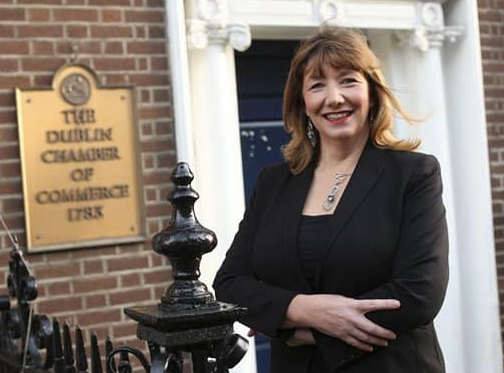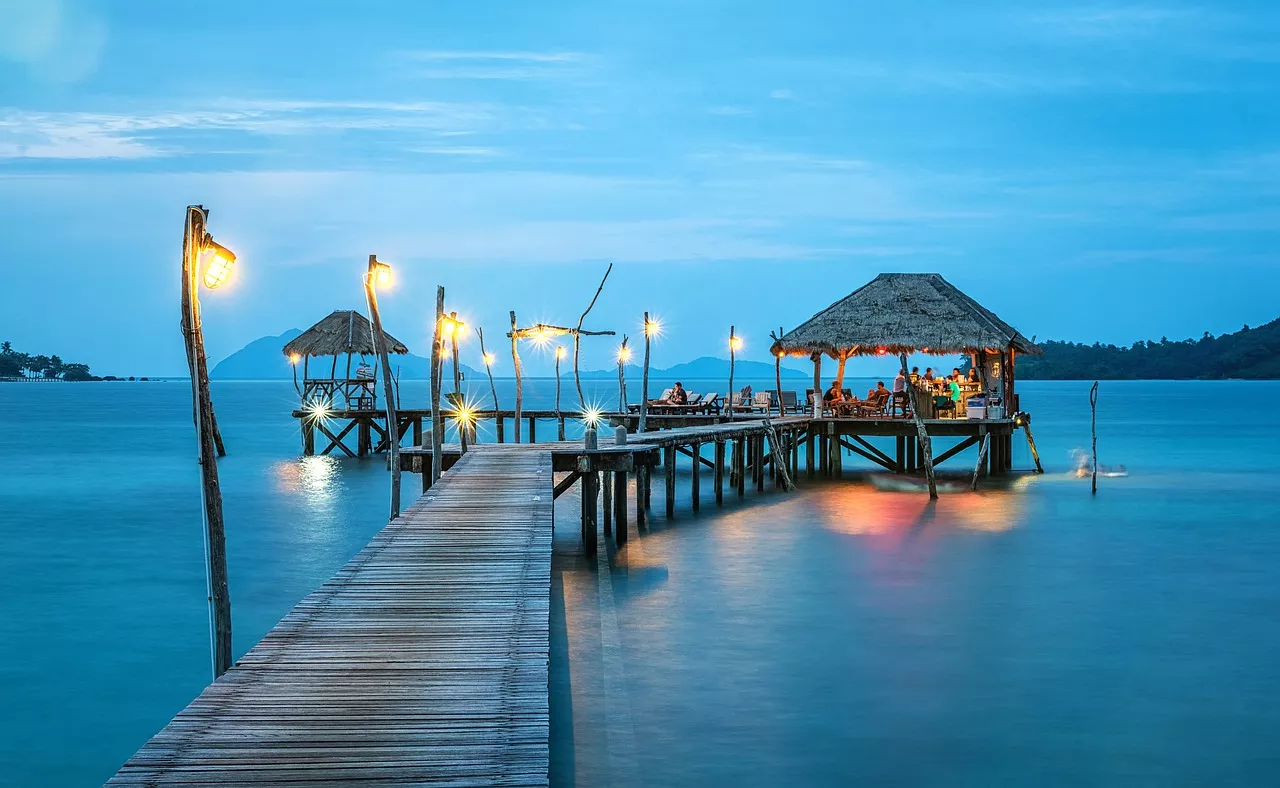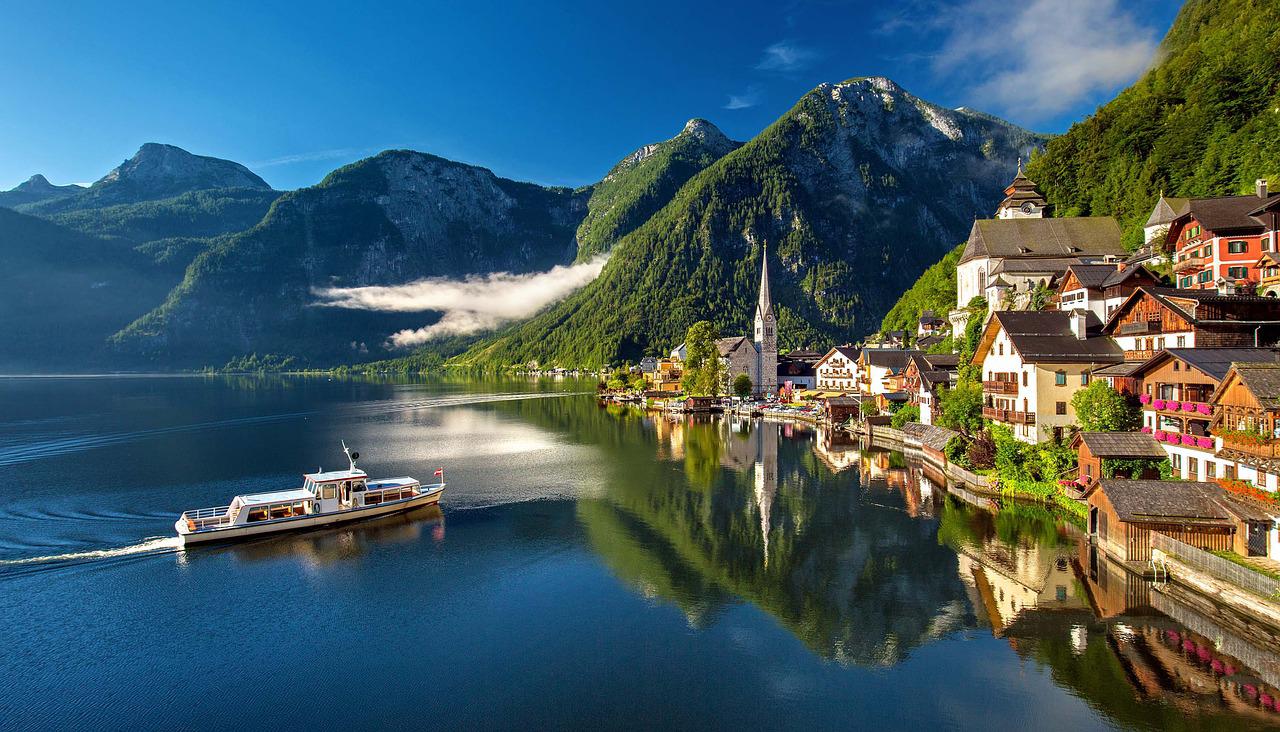Take-Off for Kick-Off: Qatar Airways Holidays launches PSG fan travel packages for an unforgettable Parisian sport vacation
Qatar Airways Holidays is celebrating its role as Official Fan Travel Packages Partner of Paris Saint-Germain by launching all-inclusive travel packages for fans to attend any 2022-23 season home match live at the Parc des Princes stadium.
The flexible and personalised packages allow fans to book their complete trip, including guaranteed match tickets, hotel accommodation and return flights all in one place, with no minimum stay.






















